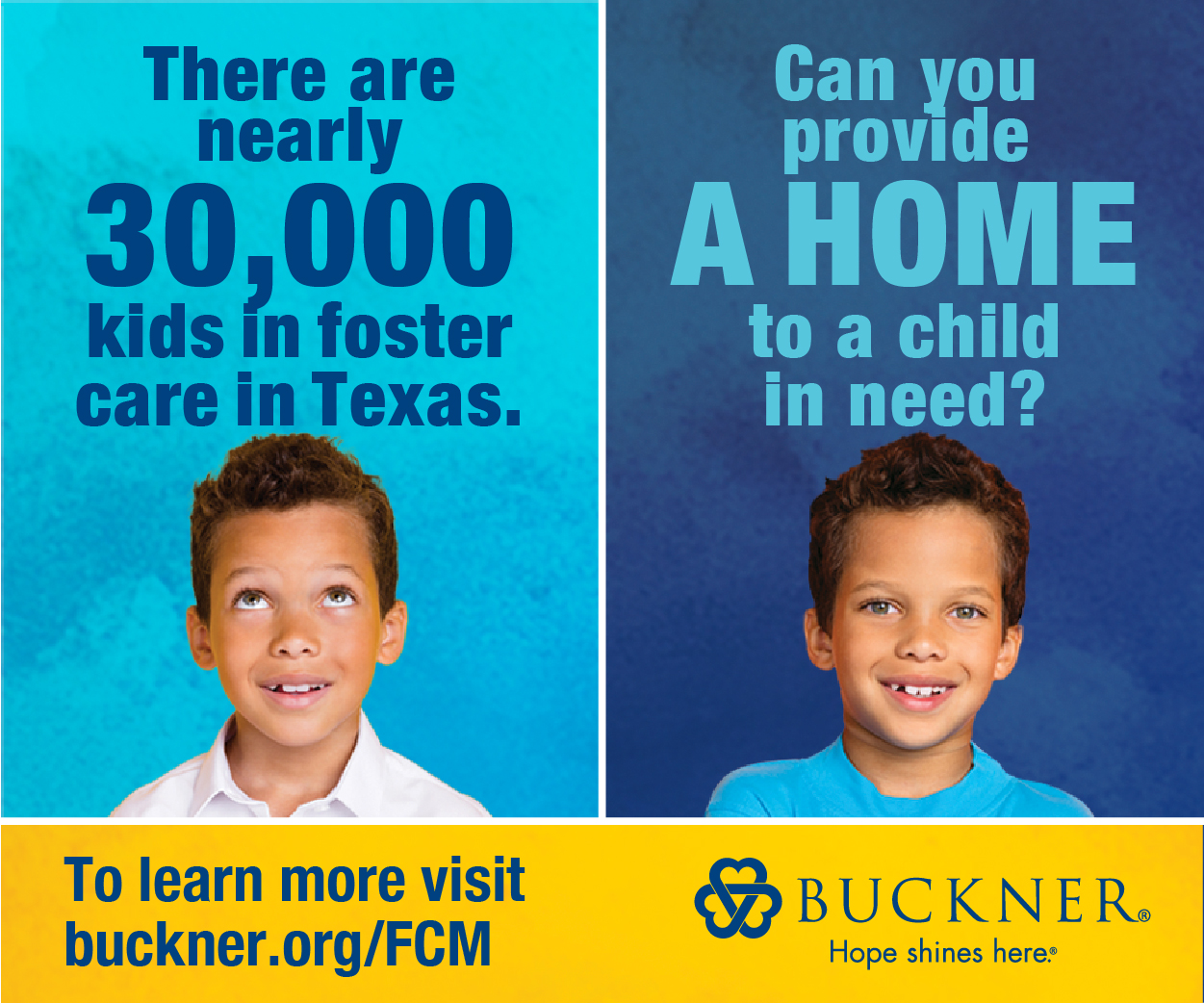ROCKWALL (BP)—Lauren Coats has seen firsthand the impact of a growing mental health crisis among young people.
The number of calls from parents of teens and children looking for help to her three counseling centers has nearly doubled in less than two years.

“During COVID, I’ve hired probably six therapists that work exclusively with children and teens because of the need and the demand—and they stay full,” said Coats, a pastor’s wife who started Rockwall Counseling and Wellness nearly a decade ago.
Coats’ experience in the Dallas area echoes a national trend U.S. Surgeon General Vivek Murthy noted in a recent advisory on a youth mental health crisis. The advisory describes a crisis that predates COVID-19 shutdowns and has manifested itself in “an alarming number of young people [struggling] with feelings of helplessness, depression, and thoughts of suicide,” according to Murthy in a release by the U.S. Department of Health and Human Services.
The report then notes the altered school, home and community experiences of youth caused by the COVID-19 pandemic worsened the problem.
Not just related to the pandemic
Richard Ross, a professor of student ministry at Southwestern Baptist Theological Seminary, says the mental health issues facing America’s youth won’t go away when COVID-19 does. Much of it, he believes, relates to the cultural collapse youth are experiencing right now.

“Any time a culture collapses, there will be pain and harm in people’s lives,” said Ross, who has been involved in youth ministry more than 50 years. “Sadly, the first people to experience that pain and injury will be the most vulnerable—the children and teenagers. Ultimately, the young are at risk because the majority in the U.S. have turned their backs on God.
“Those who care for the young will need to join the Great Physician to keep children and teenagers from experiencing harm even after the pandemic.”
Ross said he teaches young pastors at Southwestern Seminary to engage hurting teenagers in three ways. First, ensure they have a personal relationship with Jesus.
Sign up for our weekly edition and get all our headlines in your inbox on Thursdays
“Teenagers most need heart transplants to move from drowning in crisis to flourishing,” Ross said. “And Jesus is the only one who can perform such transplants. Meeting Jesus is the beginning of transformation.”
Ross also encourages youth ministers to develop a list of biblically faithful counselors to whom they can refer students. He also tells youth ministers to prioritize the formation of “warm, strong heart connections” between teens and parents, teens and mentors, and teens and spiritually healthy congregation members.
“Teenagers isolated and cut off from the significant adults in their lives are always at risk,” Ross said. “Teenagers who live with solid heart connections with significant adults can weather almost any storm in life.”
Be ready to respond
Shane Pruitt, who serves as the national next gen director with Southern Baptists’ North American Mission Board, says he urges youth leaders to have responses ready for youth mental health needs. Like Ross, he recommends youth pastors have Christian counselors they can recommend to students.
But he also tells youth pastors to include gospel-centered, biblical help for mental health issues within their discipleship process. He notes there is a lot of unhelpful mental health self-diagnosis taking place among youth right now.
“We don’t need 15-year-olds diagnosing other 15-year-olds with depression and anxiety,” Pruitt said. “I think we just got to have an answer to those things. If the church largely remained silent on mental health, and the culture screams it, then a whole generation only hears one worldview.”
Pruitt encourages youth ministers to involve parents, too. That means equipping and educating them on mental health issues. It also means bringing parents into conversations they’re having with young people who are struggling.
Be alert to warning signs
Coats tells parents and church leaders to keep an eye on youth who are isolating themselves and showing significant personality changes. It’s normal, she says, for teenagers to be moody, but major changes in personality and no longer wanting to interact in person with others are warning signs.
“Obviously, self-harm is another thing parents report all the time to me. They notice first their teenagers were cutting themselves,” Coats said. “But when we really start digging into it, there’s also isolation and personality changes that they haven’t really picked up on, or they thought maybe were normal.”
Coats recommends that youth leaders and parents bring mental health professionals into the situation as early as possible.
“The sooner a kid or a teenager can start to speak with a counselor the better,” Coats said. “Right now, in my incoming calls, people are saying they’ve noticed issues with their kids for six months at this point. That’s really a long time to wait to get your kiddo help.
“If we had a child that we thought had an ear infection or strep throat, we would call the doctor right away. If we have a kid experiencing anxiety, or depression, or some other mental-health issue, I think calling right away is important.”
Pruitt said he hopes these mental health challenges facing teenagers will open the church’s eyes to the urgency of sharing the gospel with young people. He says he has seen more professions of faith in Christ at youth events where he has preached this year than in the last three to four years combined.
“You kind of saw it with Millennials, but especially with Gen Z. They’ve really been told this self-help nonsense, to look inward for happiness, hope and peace,” Pruitt said. “We know, you have to look outward first, before you can have that on the inside. We need to look outward to Jesus.
“We need the Holy Spirit and to be born again. [The youth] are trying to find it within themselves. I think they realize quickly, it’s not in there. So, they start looking for something beyond themselves.”
















We seek to connect God’s story and God’s people around the world. To learn more about God’s story, click here.
Send comments and feedback to Eric Black, our editor. For comments to be published, please specify “letter to the editor.” Maximum length for publication is 300 words.